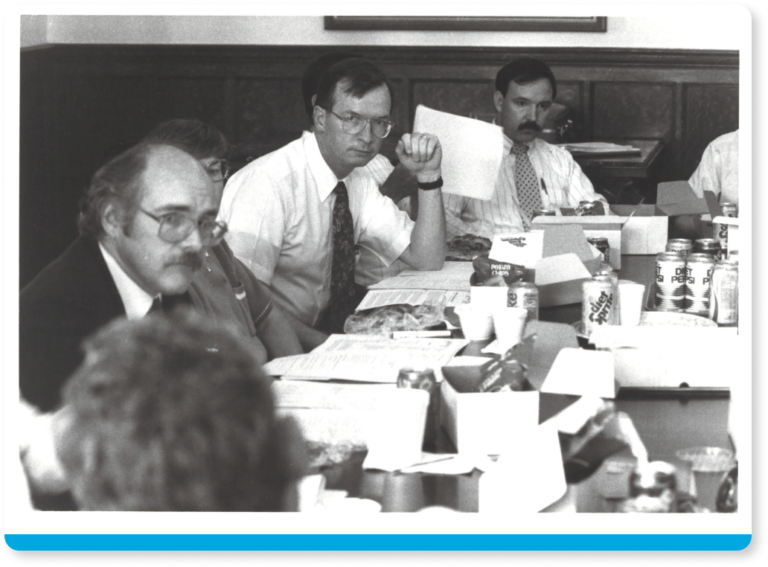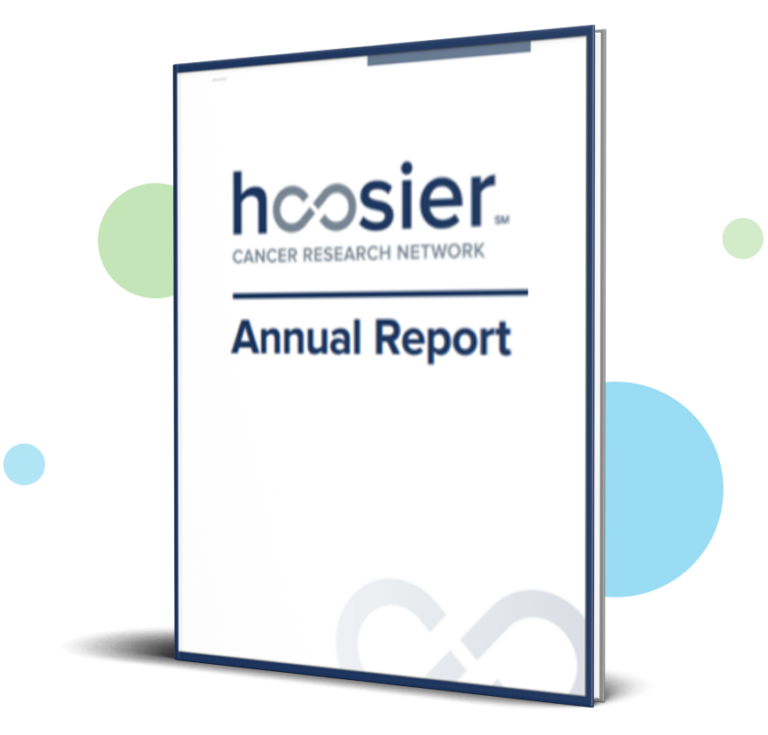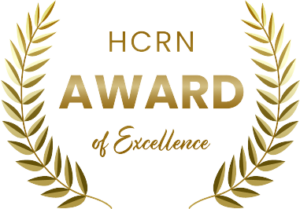highly qualified team
About HCRN
Hoosier Cancer Research Network (HCRN) is an independent nonprofit contract research organization that specializes in early phase multi-center, investigator-initiated oncology clinical trials. Our studies are conducted through a nationwide network of more than 100 academic and community sites.
Our highly qualified team provides comprehensive study management including budgeting, contracting, LOI submission, study design, regulatory and IND support, custom EDC development and validation, safety reporting, monitoring, site management, correlative management, data management, and support for publication.


Founded in 1984
Our Story
Hoosier Cancer Research Network, formerly known as Hoosier Oncology Group, was founded in 1984 by a small group of community-based oncologists and faculty members at the Indiana University Cancer Center. Our founders had a vision to bring academic and community physicians together to develop cancer trials tailored to community needs.
Our Mission
Hoosier Cancer Research Network’s mission is to form unparalleled relationships between academic, community, pharmaceutical, and biotech collaborators with the goal of advancing cancer research, education, and patient advocacy.
Academic
Pharmaceutical
Community
Advocacy
250
Clinical Trials
10k
Subjects
350
Publications
100
Academic and Community Sites
Our Impact
Since its founding, Hoosier Cancer Research Network has conducted more than 250 clinical trials in a variety of cancer types, enrolling 10,000+ subjects and producing more than 350 publications. During this time, the HCRN network has grown steadily and now consists of more than 100 academic and community sites across the United States. Hoosier Cancer Research Network’s reputation as a full-service clinical research organization has resulted in key partnerships.
Our Team
Board & Staff
Our experienced staff collaborates with investigators, member institutions, and funders to open trials, complete accrual, and publish results efficiently and cost effectively.

Year in Review
Annual Report
Learn more about HCRN’s recent accomplishments and collaborations in our latest annual report.

Awards

Terry Hoeppner Patient Advocacy Award

Sandra Turner Excellence in Clinical Research Award

George and Sarah Jane Fisher Young Investigator Award


